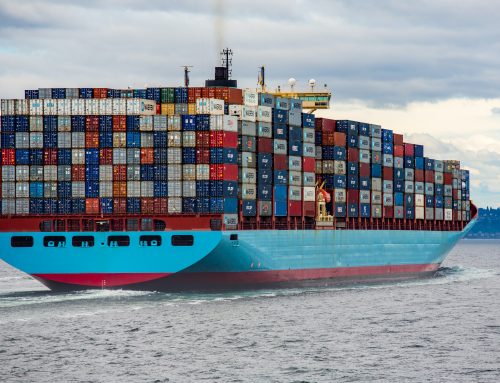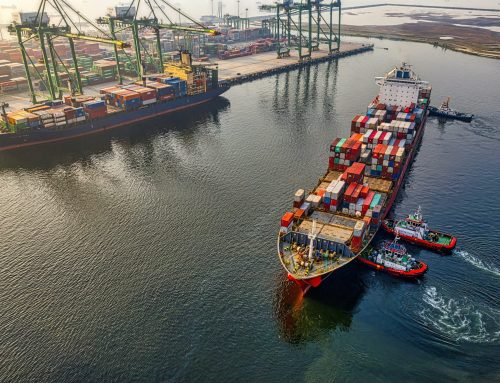The recent shocks to the global supply chains from pandemics, wars, climate change, and natural disasters have made it clear that more work needs to be done to strengthen supply chains, end the current disruptions, and build resilience for the future.
At the recent Supply Chain Ministerial Forum, the US Government, along with 17 other partners including Canada, Mexico, Australia, Brazil, the UK, India, the European Union, France, Germany, Indonesia, Italy, Japan, the Netherlands, the Republic of Korea, Singapore, Spain, and the Democratic Republic of the Congo, vowed to work together on crisis response to bring near-term relief to the transportation, logistics, and supply chain disruptions and bottlenecks, as well as build long-term solutions to fix the vulnerabilities in the supply chain that have caused the current crisis.
To achieve this, the participant nations vowed to work together by following these global supply chain principles:
Transparency: Consultations with the private sector, non-government organizations as well as different levels of government, and other relevant stakeholders to promote information sharing and a possible early warning system about potential, emerging issues.
Diversification: Increase global capacities for multiple, reliable, and sustainable sources of materials and goods in priority sectors, along with increased logistics infrastructure capacities in order to make economies less vulnerable to disruptions and shocks.
Explore opportunities to promote public and private investment into supply chains in priority sectors to encourage partnerships and co-investment for access to and development of environmentally and socially responsible sourced materials and inputs.
Get more small and medium sized businesses involved in priority supply chains, and promote the adoption of digital technology by these sectors.
Work together to promote predictability, openness, fairness, and non-discrimination in economic relations as they impact supply chains. Aim to reinforce and foster longstanding, rules-based economic partnerships and supply chain relationships.
Security: Work to better identify and address risks arising from supply chain dependencies and potential vulnerabilities in critical infrastructure, eliminate corruption, and encourage cooperation with industry, labor, non-government institutions, and other relevant stakeholders.
Sustainability: Encourage global sustainability and responsible business conduct across supply chains and the objectives set out in environmental agreements such as the United Nationals Framework Convention on Climate Change (UNFCCC) and the Paris Agreement.
Encourage the adoption of responsible practices, and making sure that opening up new sourcing or supply chain options does not conflict with existing commitments to uphold human rights. For example, cooperating to eradicate the use of forced labor in global supply chains.
Foster and support fair and sustainable manufacturing and trade practices in order to fight against climate change, biodiversity loss, and pollution.
“We welcome all economies and invite all industries, businesses, women, workers, officials from different levels of government, labor and civil society, and other stakeholders to join us in pursuit of resilient supply chains, guided by these principles,” said a U.S. Department of State in a statement. “We acknowledge the key to resolving the next global supply chain crisis is to prevent it from happening in the first place.”
You can read the full statement here.
To stay informed on important news and updates in the shipping and import industries, stay connected with a customs broker.



